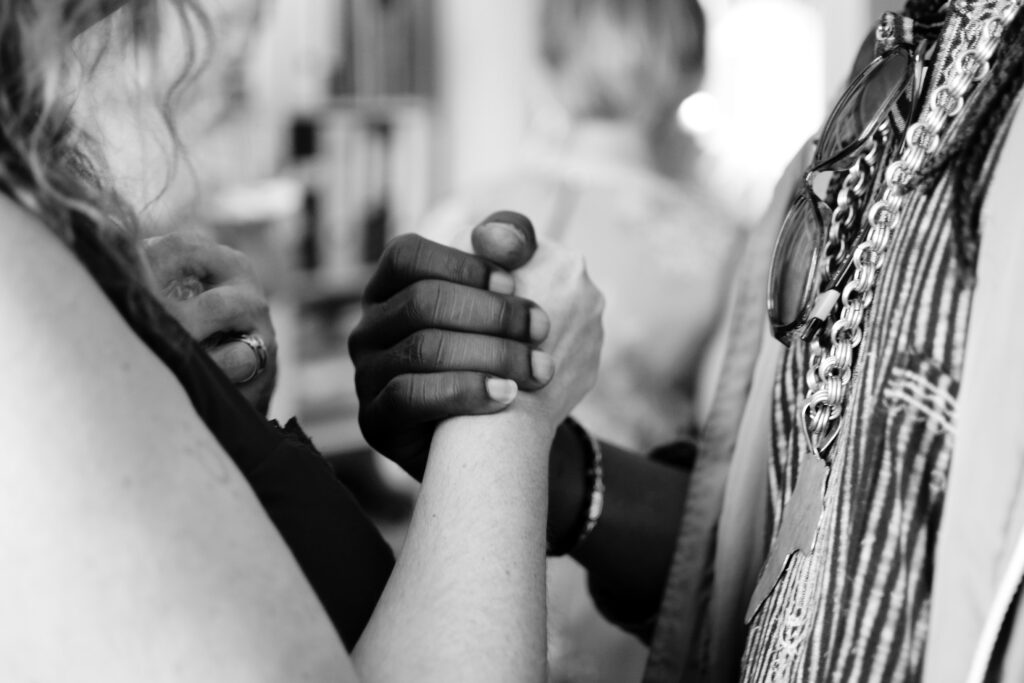When we think about qualities that are masculine, one that does not often come to mind, at least in my experience, is empathy. Sure, the ideal version of masculinity we think of might well include notions of taking critique, listing to others, and so on, but few people think of empathy as a distinctly masculine characteristic.
Here, I want to make the case that there is a historical and philosophical reason for this, and offer some criticisms of those reasons to make the case that empathy may well be a deeply masculine thing, and that we should take it seriously to become better men for ourselves and for the people in our lives.

John Locke’s Rational Man
If you’re looking for some of the foundational ideas about how people operate, one of the major texts on the matter in the Western canon of philosophy is John Locke’s Second Treatise of Government, which underlies much of the political thinking of the American and French Revolutions.
But, before Locke tells us what kind of government we ought to have, he gives us his idea of what people are like at a foundational, psychological level. Specifically, Locke calls this base-level person, “Man.” Locke’s Man is rational, self-interested individual who seeks, mainly, to survive for as long as possible and as comfortably as possible.
This notion of Man is the key to things like capitalist economics and democratic political thinking, but it also makes assumptions about people. He assumes, in calling us both rational and self-interested, that people, and especially men, are a little cold and calculating.
The Man that Locke proposes is one who is cautious of others, and I don’t think that is inherently foolish. But, given that most of us do not live as completely isolated individuals, we should probably also think about how we actually live together, in communities.
Enter Mary Wollstonecraft
Writing a little over a century after Locke, Mary Wollstonecraft, in A Vindication of the Rights of Women, remarks that Locke has a point: people are, indeed, capable of rational thought and are self-interested, so they ought to be able to participate in political life without a government forbidding them from doing so, for instance, on the basis of their gender.

This is one of the fundamental ideas for what we’d now call feminism, but Wollstonecraft makes a vitally important point for this post near the end of her book: in dividing up thinking, and politics, by gender, we might well have inadvertently labeled some emotions, such as empathy, as purely masculine. After all, women, if legally relegated to caring for others as mothers, wives, and daughters, are the ones who practice empathy while men go out and work.
I think she has a point here. Perhaps, if Locke is generally correct, there are some things that people share, especially the capacity for reason and defining our own interests. And, additionally, we might be capable of empathy and caring for one another our of a shared humanity: dividing up human psychology, perhaps by accident, by gender, might be a massive analytical misstep from about 300 years ago that we need to address. After all, assuming that people might well care about each other as human beings is a reassuring one that might lead to more cooperative ideas around family, business, and, these days, international relations as well.
